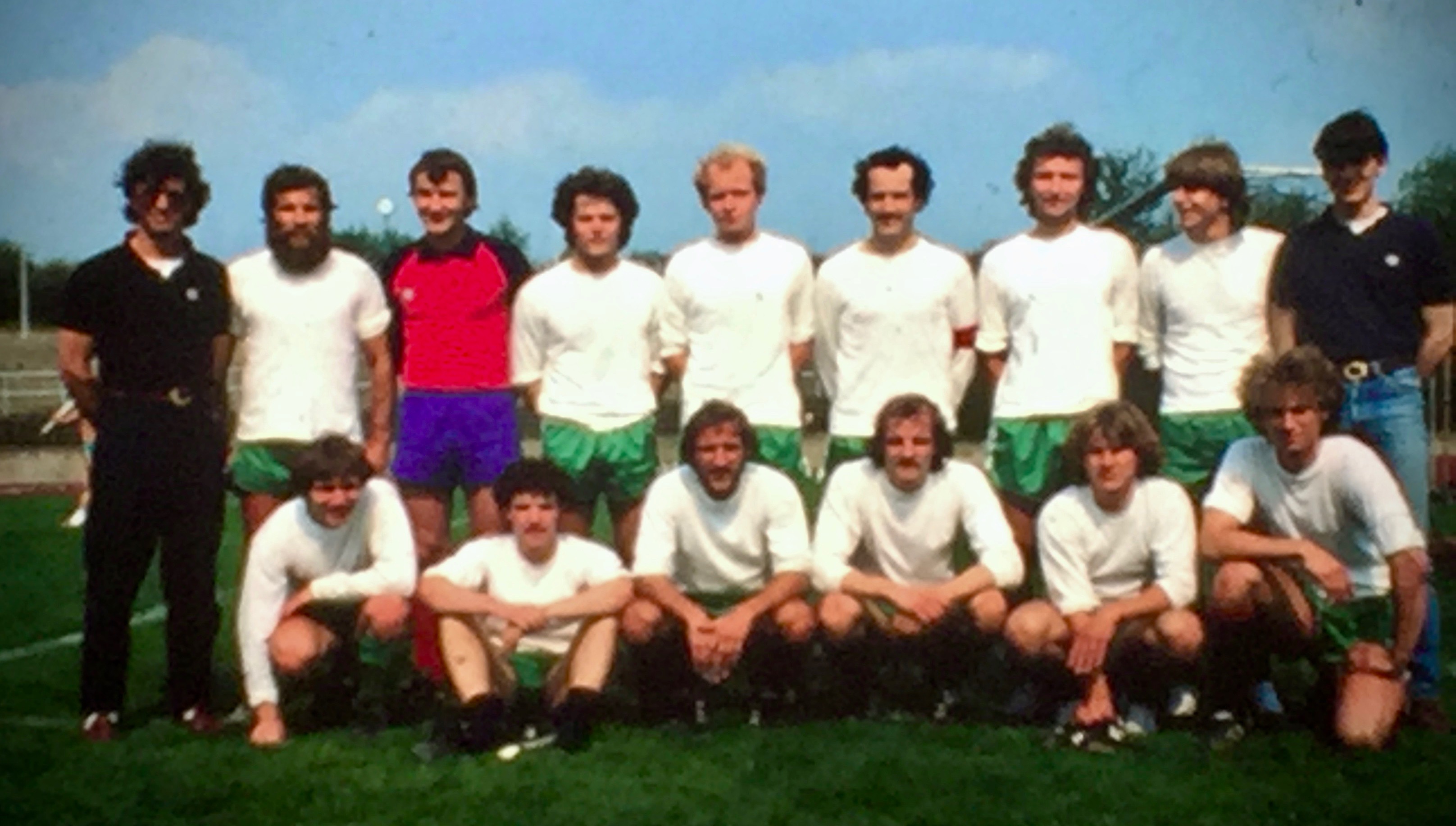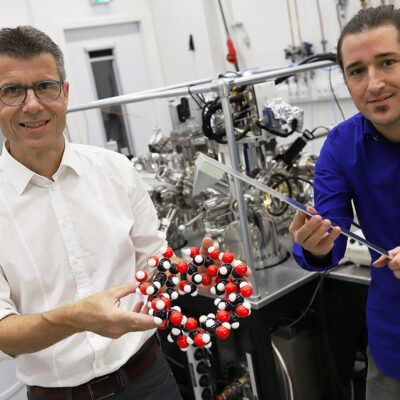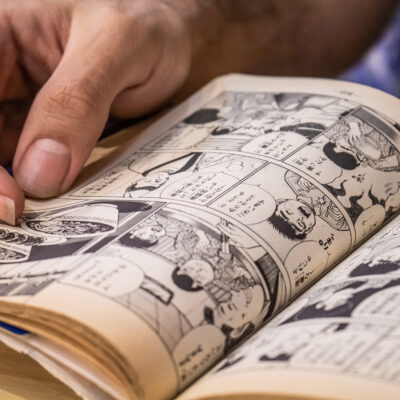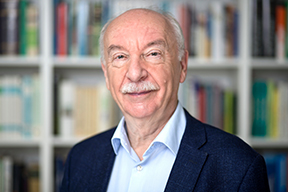Collaborative teaching and learning across national borders: Bielefeld University (project lead), Paderborn University, Bielefeld University of Applied Sciences, and OWL University of Applied Sciences showed how international online learning and teaching can be implemented successfully. Within We CAN virtuOWL, the German-Canadian project partners developed joint digital teaching and learning formats and gave their students access to international experience without travelling. The project was funded by the German Academic Exchange Service (DAAD) and the Federal Ministry of Education and Research (BMBF) and has now ended.
The core of the project were nine international online courses of the four universities in OWL in collaboration with the University of Alberta, MacEwan University, Concordia University of Edmonton, and the Northern Alberta Institute of Technology. These collaborative teaching projects ran from winter term 2020/2021 to this winter term 2021/2022 and covered various subjects from economics, social work, chemistry, education, English studies, and computer science to gender studies. In a kick-off meeting, two lecturers of a pilot project reported on their experiences with their first collaborative online course. The courses were based on the concept of Collaborative Online International Learning (COIL): the aim of the collaboration was to provide students and lecturers with international experience within their career.
During the project period, monthly virtual exchange meetings of a “Community of Practice” were held to create an interdisciplinary exchange for the lecturers and staff of the project on topics such as digital tools, evaluation, and further funding opportunities for transatlantic cooperation.
“Especially now, it is important to stay in touch with partners worldwide and to build up sustainable relationships for international learning and teaching”, says Prof. Dr. Angelika Epple, Vice-rector for Research and International Affairs. “Without your commitment and enthusiasm for international teaching, We CAN virtuOWL would have not been possible”. After the end of the project period, several collaborative teaching formats will be continued.
Prof. Dr. Torsten Meier, Vice President for International Relations at Paderborn University, also emphasizes the importance of international communication: “Intercultural competencies and the early establishment of international contacts and networks are part of good qualification profile for lecturers and students. That is why I am very pleased that we were able to offer our students another opportunity for exchange across national borders with this project.”
And Prof. Dr. Ulrich Schäfermeier, Vice President for International Affairs and Digitalization at Bielefeld University of Applied Sciences, is also appreciative of everybody involved and says: “Only globally networked science and teaching can meet today’s requirements. This is a treasure that we are in the process of unearthing with many partners, which we have been working on for years. We CAN virtuOWL shows impressively that all this is possible even under the conditions of the pandemic.”
To enhance the intercultural exchange beyond the classroom, We CAN virtuOWL offered a Digital Student Exchange and an E-Tandem program for students interested in German-Canadian exchange. Combined with the teaching formats, students had the opportunity to gain an international perspective on their subject and to build a social and professional network beyond their own university. The virtual opportunities for exchange were well received by the students: At the end of the project, they were thankful for this low-threshold and free opportunity to see the world – or at least Canada and Germany.
“It is an important concern of the Ostwestfalen-Lippe University of Applied Sciences and Arts to enable its students to engage in intercultural exchange. We are all pleased that they can build international relationships and competencies through the We CAN virtuOWL project, even in these times,” says Professor Dr. Yvonne-Christin Knepper-Bartel, Vice President for Education and Internationalization at TH OWL.
The focus of the Alberta-OWL partnership has been on the exchange of students and interns as well as on joint research. In OWL, apart from Bielefeld University, the Bielefeld University of Applied Sciences, Paderborn University, and the OWL University of Applied Sciences are members of the consortium. The partnership as well as the project We CAN virtuOWL are supported by the New York office of Campus OWL.





